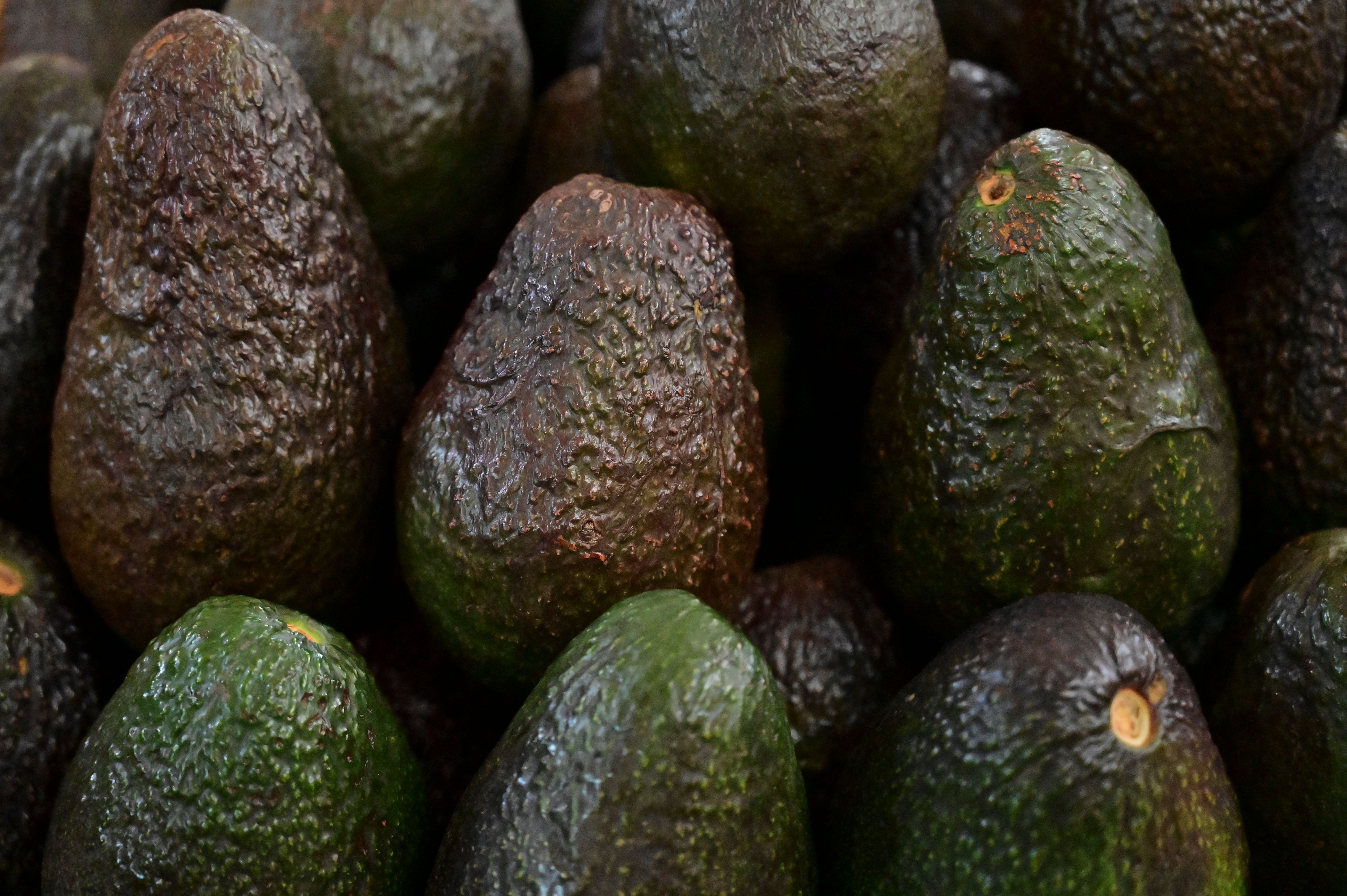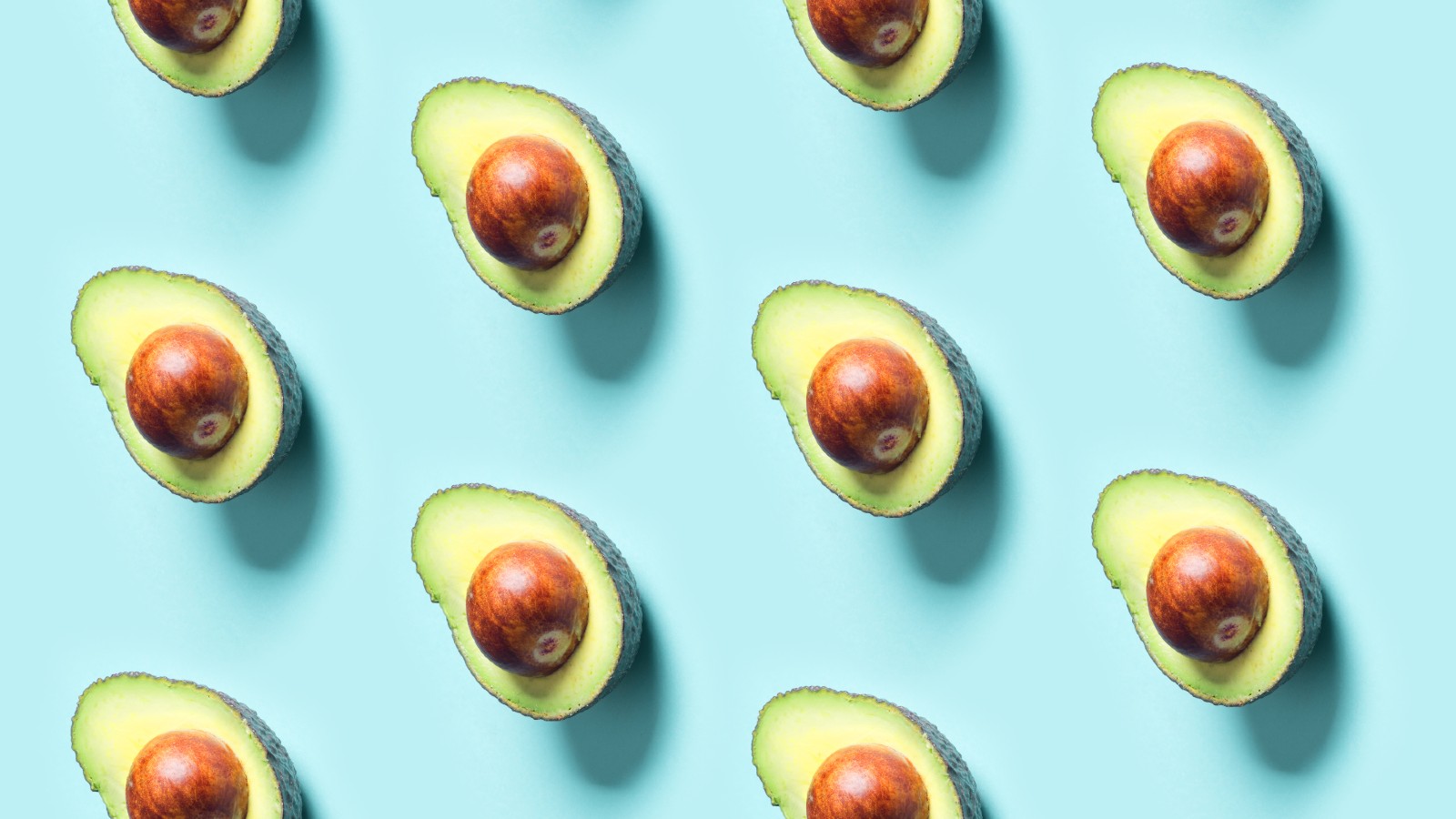Why is there a ban on avocados and what percentage of avocados are from Mexico?
A hefty 80% of avocados sold in the United States are imported from Mexico, making this a pretty big deal


Americans who love their guacamole are in for a rough time as the United States government has just announced a temporary ban on avocados from Mexico, specifically citing safety concerns. According to the New York Times, "a verbal threat was made to U.S. safety inspectors working in the country."
Considering that 80% of avocados consumed in the United States are from Mexico and that the Mexican state of Michoacán exports roughly $3 billion of the fruit on an annual basis, the ban is a pretty intense one.
You might also like...
Avocado lovers listen up! You've probably been cutting them wrong all this time...
WHY ARE AVOCADOS BANNED FROM MEXICO?
Earlier this week, a U.S. Department of Agriculture inspector received a threat on his cell phone. Details surrounding the episode have not been made public but, according to media reports, the Mexican avocado industry has in recent years been connected to the region's drug cartels.
NPR reports that the U.S. Embassy in Mexico, "determined [...] that the threat was credible" and, according to the USDA, "the inspections required for exports of avocado from that region were halted upon that advice.
As a result of the thread, the U.S. government has placed a temporary ban on the creamy, green fruit coming from the neighboring country. No word yet on how long the suspension will last.
The embargo of sorts specifically targets the state of Michoacán, the only one authorized to export the fruit to the United States.

WHAT PERCENTAGE OF AVOCADOS ARE FROM MEXICO?
According to the Hass Avocado Board, a whopping 80% of avocados imported into the United States in 2021 came directly from Mexico. It is no surprise, then, that experts are predicting an increase in the price of the good. With 80% less avocados available, it follows that the few that are being sold will now be more expensive.
Sign up to our free daily email for the latest royal and entertainment news, interesting opinion, expert advice on styling and beauty trends, and no-nonsense guides to the health and wellness questions you want answered.
According to the reports, the state of Michoacán exports roughly $3 billion worth of the fruit per year, the bulk of it directly to the United States.
You might also like...
I escaped to Mexico for a solo adventure - and this is what I learned
WHERE ELSE DOES THE US GET AVOCADOS FROM?
Although the very vast majority of avocados sold and eaten in the United States come from Mexico, the state of California does account for about 15% of the market as well. But, given that, according to analysts at RaboResearch, as cited by the New York Times, the per capita annual consumption of avocados has more than doubled in the U.S. since 2010 (and is expected to increase again)—the number of fruits produced in California will clearly not satisfy the country-wide demand for them.
Needless to say, local restaurants and eateries are being hit the hardest.
WHEN WILL THE BAN ON AVOCADOS END?
Nobody knows just yet, but the Association of Avocado Exporting Producers and Packers of Mexico (APEAM) did release an official statement about the situation.
"[APEAM] is actively working with the USDA-APHIS, Mexican Secretary of Agriculture (SADER), and other authorities to quickly address the situation in Mexico, strengthen safety protocols, and guarantee continued compliance with the requirements of this important export program of Mexican avocados into the United States," reads the statement. "In a working session yesterday between Mexican and United States authorities, in coordination with APEAM, there was positive progress and continued open dialogue. APEAM, supported by the Mexican authorities, presented a comprehensive proposal to reinforce safety protocols and create an Intelligence and Security Unit within APEAM to support the export program. The Governor of Michoacán made a commitment to immediately implement the operational security plan."
The situation is in flux, but one thing is for certain: we’ll be reveling in every bite of guacamole that we will get to enjoy in the upcoming weeks.
Anna Rahmanan is a New York-based writer and editor who covers culture, entertainment, food, fashion and travel news. Anna’s words have appeared on Time Out New York, the Huffington Post, Fortune, Forbes, Us Weekly, Bon Appetit and Brooklyn Magazine, among other outlets.
